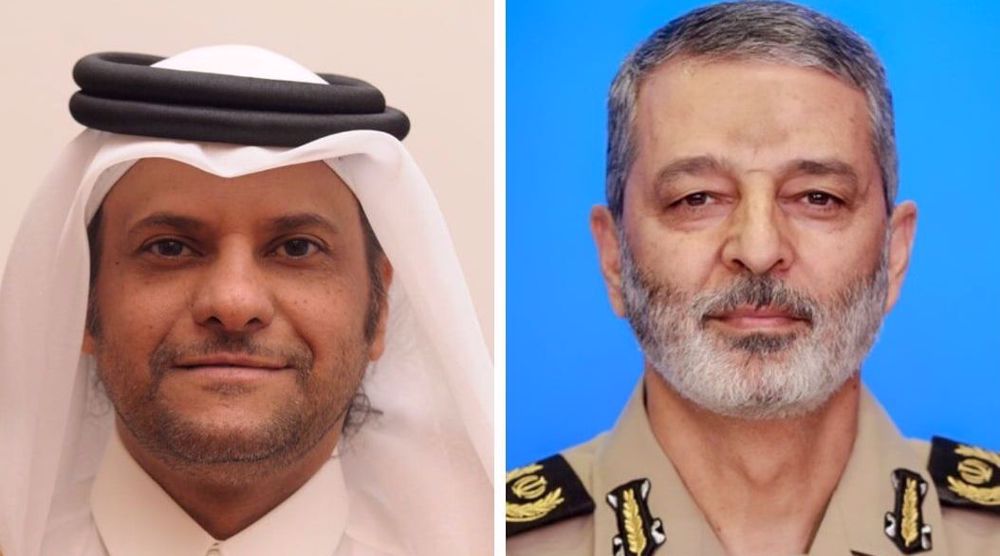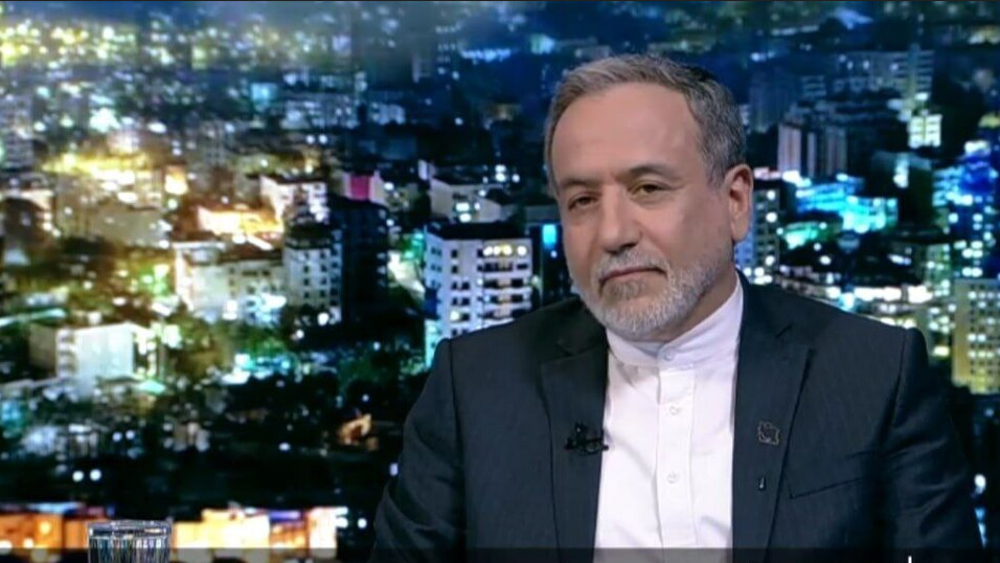Iranian Foreign Minister Seyyed Abbas Araghchi has denounced the three European nations for their"irresponsible" approach to the recent aggression against Iran by the United States and Israel, as well as their threat to restore the canceled UN Security Council resolutions, which he believes will only exacerbate the existing tensions.
Araghchi made the remarks on Thursday night in a telephone conversation with UN Secretary-General Antonio Guterres. He emphasized Iran's commitment to protecting the rights and interests of its people in accordance with the Non-Proliferation Treaty.
He urged the United Nations and its member countries to take a definitive stance against the illegal attacks on Iran's peaceful nuclear facilities.
Highlighting Iran's cooperative approach in engaging with international bodies, Araghchi noted the constructive discussions aimed at fulfilling Iran's safeguards obligations, particularly in light of recent aggressions against its nuclear capabilities.
He stressed the importance of European nations and UN Security Council members recognizing and supporting this diplomatic progress.
Araghchi also addressed the ongoing humanitarian crisis in occupied Palestine, condemning the genocide perpetrated by Israel and calling it a pressing global concern.
The top Iranian diplomat underscored the collective duty of the international community and the UN, including the Secretary-General, to halt such aggression and address the ongoing tragedy in Gaza.
He also condemned the Israeli regime's recent terrorist aggression against Qatar.
On Tuesday, Israeli warplanes launched airstrikes on the headquarters of the Hamas resistance movement in the Qatari capital, Doha, in what Israeli media described as an “assassination operation.” The airstrikes came as Hamas leaders had reportedly convened to discuss the latest US proposal for a ceasefire in Gaza.

In response, Guterres acknowledged the recent developments in Iran's dialogue with the International Atomic Energy Agency, reaffirming the UN's commitment to supporting diplomatic efforts related to the Iranian nuclear issue.
On Tuesday, after a three-hour meeting in Cairo, Araghchi and IAEA Director-General Rafael Grossi agreed on practical modalities for resumed inspection activities inside Iran.
The agreement follows months of suspended cooperation. Tehran had halted access for IAEA inspectors after a 12-day military assault on its nuclear facilities in June and July by Israel and the US.
Following the unprovoked aggression, the Iranian parliament passed a law banning the return of inspectors without guarantees for the protection of Iran’s nuclear sites.
Araghchi said on national television IRIB on Thursday night that the IAEA had acknowledged the attacks on Iran’s nuclear sites as unacceptable and recognized that cooperation must now follow a new framework consistent with Iran’s parliamentary law and the decisions made by the Supreme National Security Council.

This comes amid heightened tensions following sabotage attacks on Iran’s nuclear sites, which Iran has blamed on Israel.
The attacks have complicated the already fragile relations between Tehran and Western powers over Iran’s nuclear program and the future of the 2015 Joint Comprehensive Plan of Action (JCPOA).
Araghchi stated that all diplomatic efforts are carried out in full coordination with relevant authorities and in line with defined mandates, adding that Tehran would not compromise on national security or be swayed by external pressure.

